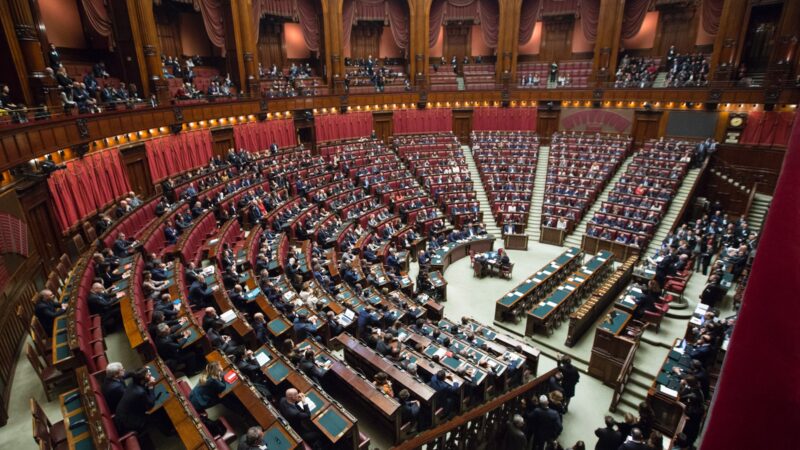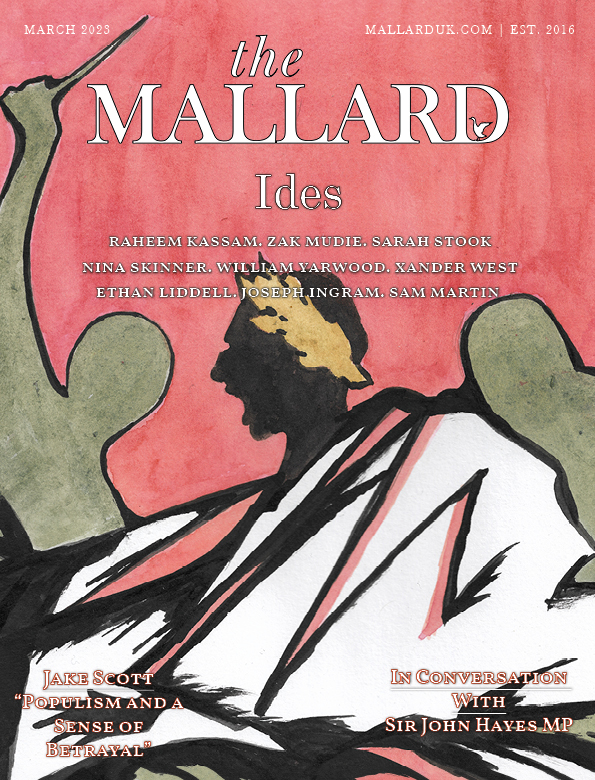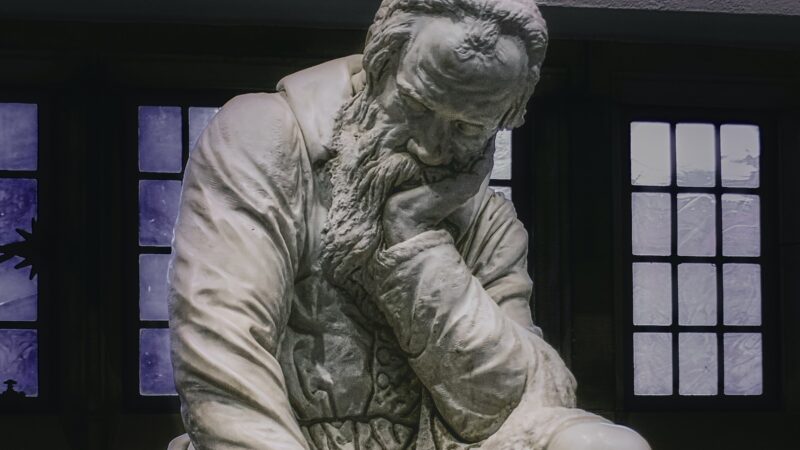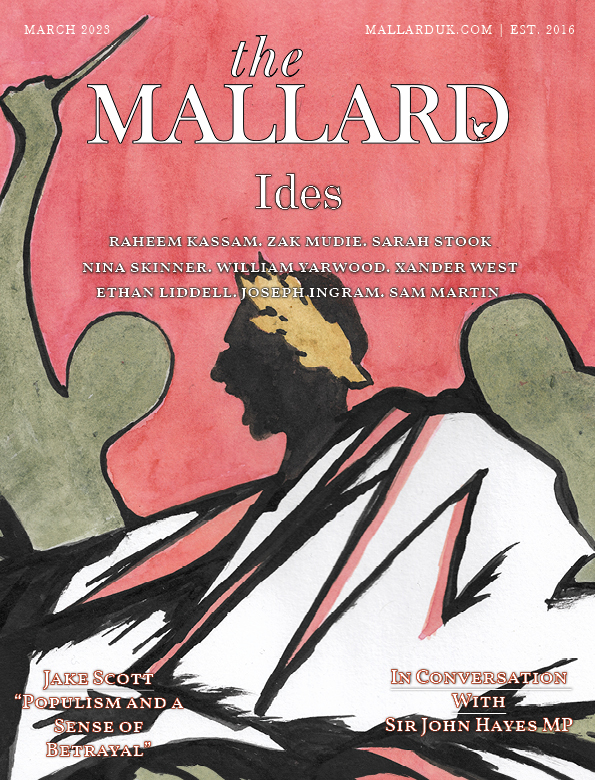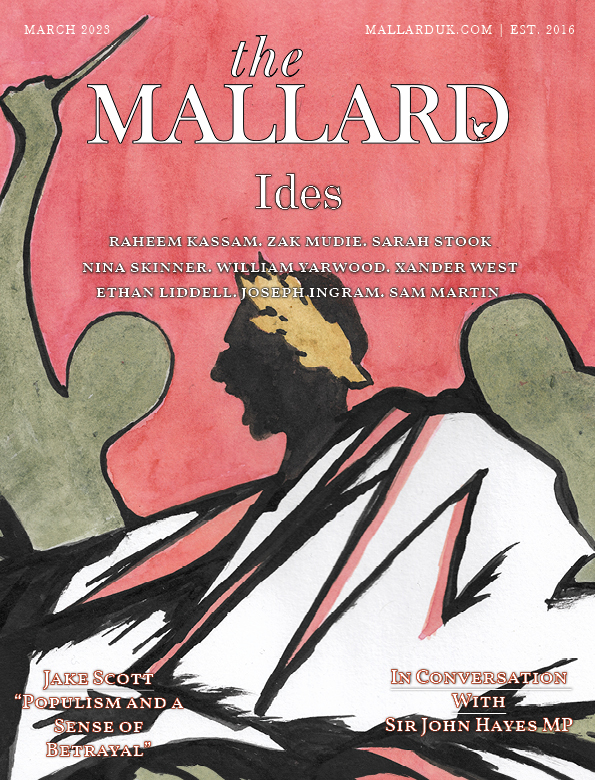His Royal Mistress
We may think of our ancestors as prudes when it comes to sex, but that’s not the case. A decent percentage of women were pregnant on their wedding day. People like Benjamin Franklin wrote guides on the best ways to have sex. Lewd ballads and jokes spread around the court.
The most prominent example of this is the royal mistress. Often young and beautiful, these women would service the king in ways he may not get from his wife. They would provide wit, charm and companionship. In France, a mistress could become Maîtresse-en-titre, an official appointment that would bring her her own apartments. It’s less official in other countries but these women were the most prominent ladies of the court after the official royals.
Let’s dive into the world of royal mistresses.
Why a mistress?
Royal marriages were alliances. As a rule, love would come after the wedding, if it all. Factors of a match included wealth, geography, religion, security and chances of children. Compatibility rarely factored into it. The brides were often in their early teens, sometimes younger, with their husbands sometimes a lot older. You met at the aisle or just before. It didn’t matter if they weren’t attractive or the right age- you married them.
With love out of the question, a king would turn to a mistress in order to have companionship. They’d be able to enjoy the sex they had with them as well as just being around someone they’re on good terms with.
A lot of the time, it was expected that a king would have a mistress and would be regarded as odd as he didn’t. A king could love and care for his wife but take a mistress either out of lust or obligation. For most of their marriage, Henry VIII and Catherine of Aragon were pretty happy, yet he had mistresses. George II cared for his wife Caroline of Ansbach but still took lovers. On her deathbed Caroline asked him to remarry, but George replied that he’d only have mistresses. To love one’s wife was seen as unfashionable and having a mistress was seen as a sign of masculinity. George III being a loving, faithful husband to Queen Charlotte and spending time with his children was seen as rather odd.
Who were the mistresses?
Mistresses could come from all walks of life, from working-class girls to the highest nobility, though the latter was much more common. It tended to be easier to meet women of their own social standing. They were sometimes already known to the king or perhaps caught his eye at court. A particularly ambitious family might introduce their daughter in hopes of reaping the awards.
Beauty was almost always universal, but looks aren’t always the key factor. It was said that James II’s mistresses Arabella Churchill and the Countess of Dorchester were not beautiful. Instead these women were lively, intelligent, witty and charming. They were there not just to sleep with the king but to be companions. They’d attend parties together and have a drink after dinners. These women tended to be well educated and from political families which meant that they could hold their own. The most powerful mistresses would have political influences.
Marital status and virginity would not matter. Kings chose virgins, unmarried women, married women and widows. The husband of a mistress may well have been paid off and given handsome positions, sometimes they were sent away from court. Some were happy, others ambivalent or even angry. Either way, there wasn’t much they could do. They were the husband, but the king was the king.
Despite the strict sexual norms of the era, families of mistresses were often delighted that their daughters and sisters were chosen. The families of mistresses received new titles, positions and land. Thomas Boleyn, already a competent courtier, was showered with responsibilities as Henry VIII fell for Anne. Arabella Churchill’s family was thrilled for her, as she was considered extremely plain and even ugly.
What were the benefits of being a mistress?
In France, the Maîtresse-en-titre was an official title and position. The mistress would have her own apartments. She would often substitute for the queen if she was pregnant or ill.
Mistresses who weren’t Maîtresse-en-titre or even French would also be kept in luxury. They would receive money along with jewels, clothes and other luxurious gifts. Their families would also not be the only ones to receive titles and responsibilities. The mistresses themselves would receive new titles. Barbara Villiers, one of Charles II’s many, many mistresses, was made Duchess of Cleveland in her own right. Another was made Duchess of Portsmouth. Both also had other titles along with pensions and allowances.
Unmarried mistresses would often be given advantageous marriages, either as a gift or a parting present. Bessie Blount, Henry VIII’s mistress and the mother of his illegitimate son, was married to an Earl after her service. Anne de Pisseleu d’Heilly, mistress of Francis I of France, was married to a man whom the king created a Duke.
The politically-minded mistress might seek to influence. A close mistress who had the ear and the bed of the king would be their most powerful counsel. Those seeking to speak to the king often went to the mistress in order to get their foot in the door. A mistress could close or open the door to anyone, a gatekeeper in a way only a queen could match. Madame de Pompadour, famous mistress of Louis XV, was extraordinarily powerful. She would appoint and fire ministers along with other responsibilities. Barbara Villiers, lover of Charles II, and Diana de Poitiers, lover of Henry II of France, both used their influence politically.
If a mistress had a child that was acknowledged by the king as his, then there was a chance that child would be given titles and good marriages. Some illegitimate children even married royalty. They would be given prominent positions in the military and clergy.
What were the drawbacks of being a mistress?
Being a mistress wasn’t always sunshine and rainbows. A mistress was dependent upon the whims of the king. On tiring of her, he could cast her aside without giving her a husband or monetary assets. Plenty of mistresses, even the popular ones, would be cast aside at a moment’s notice.
You also had the reputation of being either a fornicating or adulterous woman. Many noblemen and royals had mistresses, but it was the women who were blamed. There were also reasons for the mistress to be concerned. They would become unpopular if they were seen as taking advantage of the king or supporting the wrong causes. Alice Perrers, mistress of Edward III, was a young woman accused of manipulating an older king still mourning his beloved wife. Jane Shore, lover of Edward IV, was forced to do public penance.
There was also little choice. Some mistresses tried to attract kings from the very beginning whilst others were pursued. Louis XV’s lover Louise de La Vallière was an extremely pious Catholic who felt awful for having unmarried sex with a married king. She felt so terrible that she entered a convent after she’d had their fifth child. Louise was reportedly an extremely kind and naive woman who never asked for special treatment.
If you had a child with the king and he did not recognise the baby, then you had a bastard child on your hands. If you were married then the husband would automatically assume fatherhood, whether he was the actual father or not. If you were unwed then there was a chance you were seen as damaged goods, ruining marital prospects.
What did the queen think?
Unfortunately for the king’s wife, she had basically no choice. He would have mistresses whether she liked it or not. She would likely have been raised with the understanding of mistresses and if she didn’t then she would soon learn. The queen, of course, would not be allowed to take a lover of her own. Queens who did or were accused of having lovers were exiled, or even executed in the cases of Anne Boleyn and Catherine Howard.
Kings were expected not to flaunt their mistresses too openly around their wives, but they would definitely be aware of their existence. Queens would often have them as ladies-in-waiting, either by choice or by the command of their husband. Catherine of Braganza, the tragic and unfortunate wife of Charles II, was forced to accept Barbara Villiers in her court. Catherine tried to protest but Charles put his foot down. She was so angry that she threatened to return to Portugal, to which Charles responded by sending her courtiers home. He did eventually soften and treated Catherine with much more respect in their marriage, mistresses aside. Charles would side with her over mistresses.
Madame de Pompadour was always friendly and respectful of Queen Marie, who in turn liked her. This was a sharp contrast from previous mistresses who had been openly hostile to their queen. George II’s wife, Caroline of Ansbach, cleared his mistresses before he took up with them. Interestingly, George was close to Caroline and likely only took mistresses because it was expected of him.
At the end of the day, queens tended to have one security- they were the legitimate wives under law. Their sons-or daughters- would be the monarch one day. Even the most libertine of kings knew they had to spend time with their wives.
That is not to say all queens were so tolerant. Eleanor of Aquitaine got so sick of her husband’s adultery that it was part of the reason she tried to remove him from the throne. Anne Boleyn flew into a rage when she saw Henry VIII and Jane Seymour together, despite the fact that it was how she’d managed to become Queen.
Probably the most notable rebellious Queen was Isabella of France, wife to Edward II. Isabella was only a child of twelve when she landed on English shores to marry the twenty-four year old Edward. At their wedding feast, Edward sat with his likely lover Piers Gaveston. He also gave Gaveston jewellery that was meant to be Isabella’s. Isabella was furious and complained to her father, who interceded on her behalf.
While Isabella would come to accept Gaveston, Edward’s next favourite would become her enemy. Hugh le Despenser was initially exiled after becoming too powerful, but soon returned. He effectively ruled England with Edward and was a tyrannical man. Isabella returned to France and raised an army with her lover Roger Mortimer. They were supported by the barons, who despised the Despenser family. Hugh le Despenser the Younger and his father were executed. Edward was forced to abdicate and locked in a castle; he soon died under mysterious circumstances. His and Isabella’s son Edward took over, with the Queen as his regent. Three years later, Edward III had Mortimer executed and Isabella was imprisoned for two years.
The history of the royal mistress is a fascinating one. These women (and men) have attained glory and privilege as well as despair and derision. Some would provide their king with more children than the queen did. Others were fleeting. Some would become Queen themselves. All in all, there were more to royal mistresses than sex and lust.




